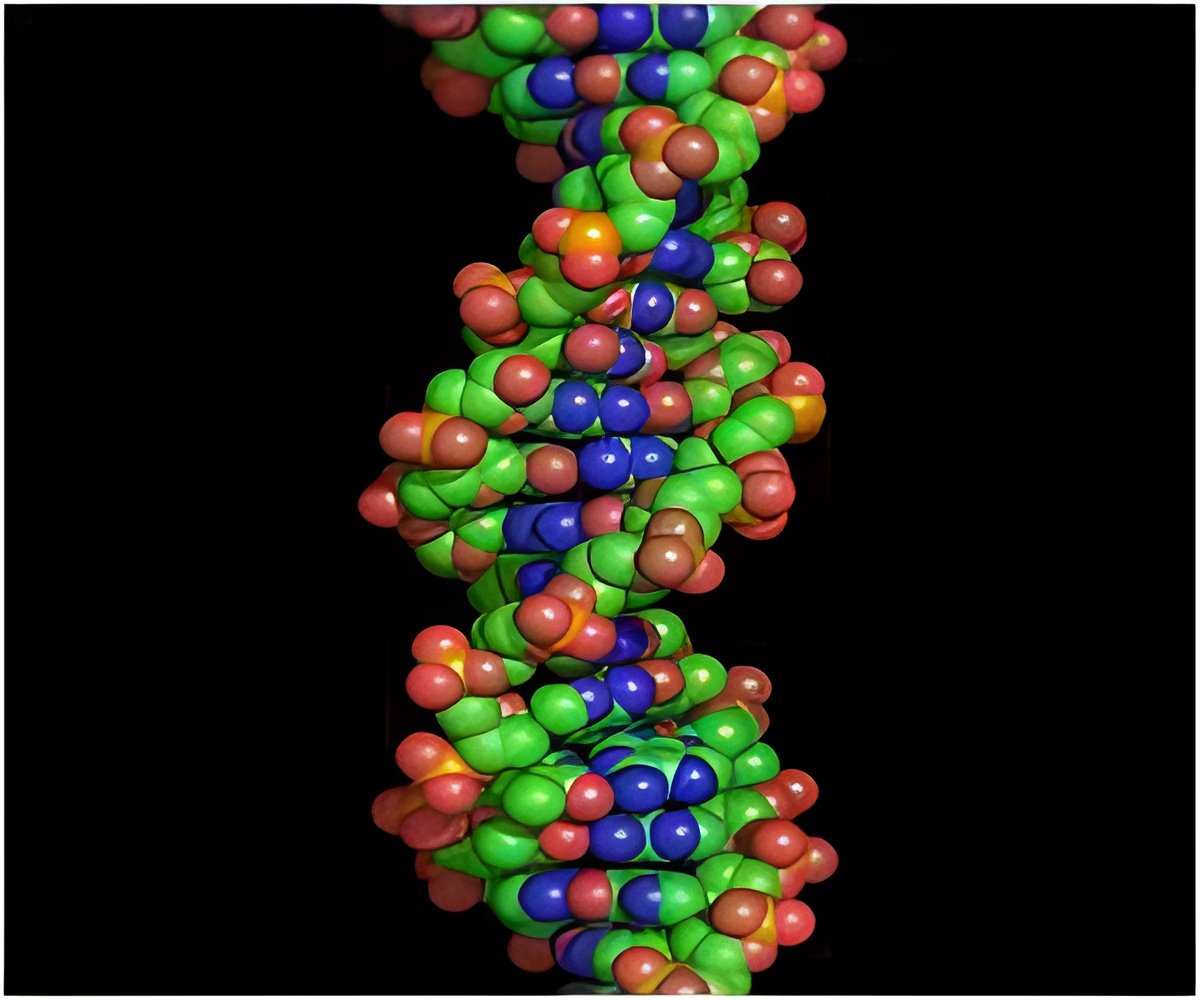
The study signals a paradigm shift both for understanding human emotional and behavioral systems and expediting the treatments of devastating illnesses such as WS, post-traumatic stress disorder, anxiety, and possibly even autism, according to Korenberg, senior author on the study and one of the world's leading experts in genetics, brain, and behavior of WS.
"Our results could be very important for guiding the treatment of these disorders. It could have enormous implications for personal the use of drugs to help people," Korenberg said.
The study also is the first to reveal new genes that control emotional responses and to show that AVP is involved in the response to music.
Williams syndrome is a neurodevelopmental disorder caused by the deletion of 25 to 28 genes on one copy of chromosome 7. Those with the disorder look at the world through a unique lens.
They may view everyone as their friend, to the point of running up to total strangers and striking up conversations as though they are old acquaintances. They have an affinity for music.
Advertisement
Korenberg and colleagues from the U of U, University of Illinois, Chicago, and the Salk Institute, La Jolla, Calif., conducted a trial with 21 participants, 13 who have WS and a control group of eight people without the disorder. The participants were evaluated at the Cedars-Sinai Medical Center in Los Angeles. Because music is a known strong emotional stimulus, the researchers asked participants to listen to music.
Advertisement
Researchers asked the first participant to listen to the 1950s Elvis classic, "Love Me Tender." The woman showed no outward response to the song, which can be typical not only of people with WS but particularly of people without the disorder whose faces may be impassive but jump up at the end of an exciting piece, Korenberg pointed out.
But, to elicit a greater response from the remaining test participants, the researchers invited them to bring their favorite music to listen to-and many of them chose heavy metal. Again, there was little outward response to the music.
But when the blood samples were analyzed, the researchers were happily surprised. The analyses showed that the oxytocin levels, and to a lesser degree AVP, had not only increased but begun to bounce among WS participants while among those without WS, both the oxytocin and AVP levels remained largely unchanged as they listened to music.
Interestingly, the oxytocin level in the woman who'd listened to "Love Me Tender" skyrocketed compared to the levels of participants who listened to different music.
Korenberg believes the blood analyses strongly indicate that oxytocin and AVP are not regulated correctly in people with WS, and that the behavioral characteristics unique to people with WS are related to this problem.
To ensure accuracy of results, those taking the test also were asked to place their hands in 60-degree Fahrenheit water to test for negative stress, and the same results were produced as when they listened to music. Those with WS experienced an increase in oxytocin and AVP, while those without the syndrome did not.
The study was published June 12, 2012, in PLoS ONE.
Source-ANI










